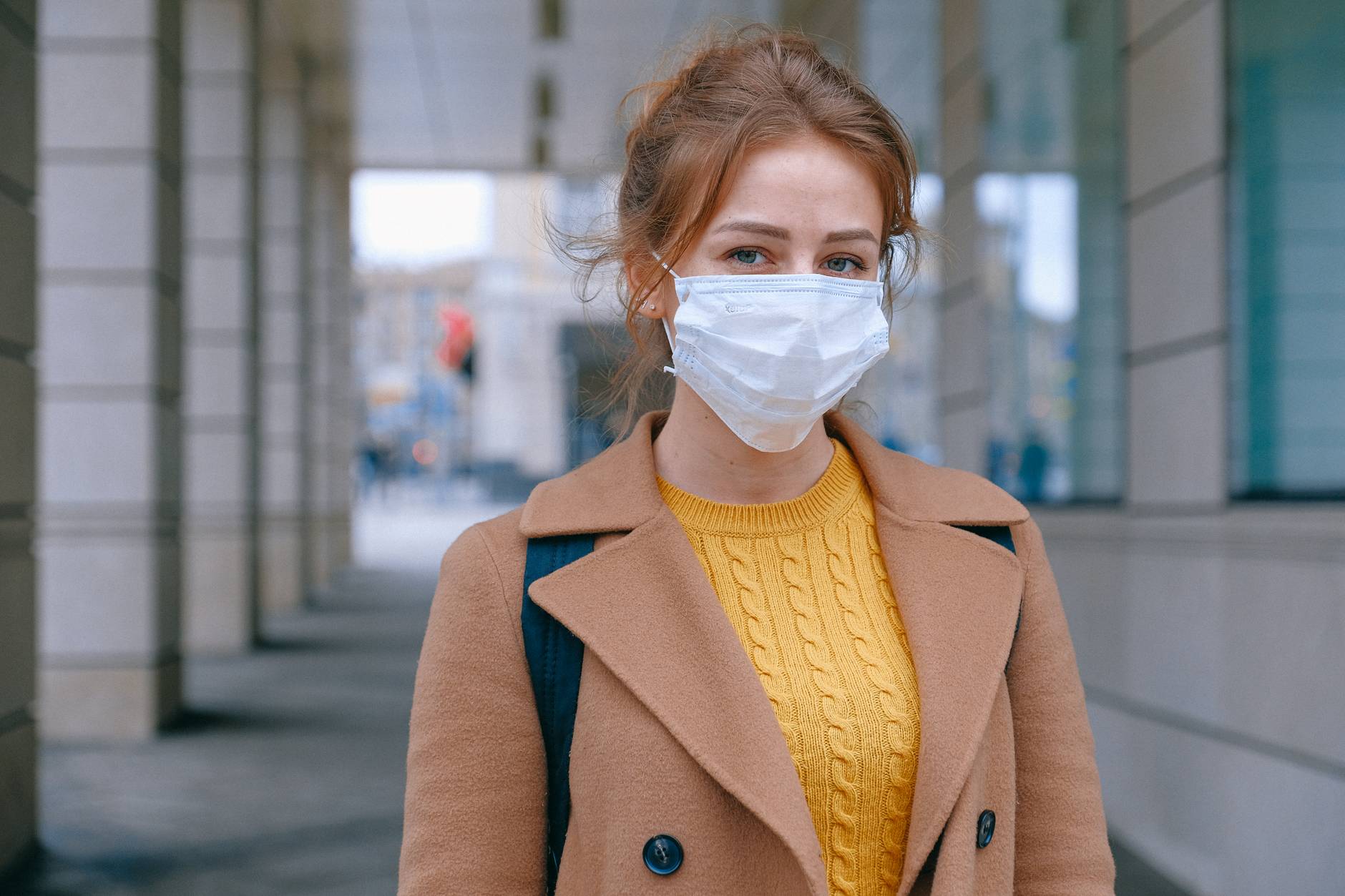
In response to the coronavirus (COVID-19) pandemic, the government has advised the use of face coverings as a measure to help reduce the spread of infection. A face covering is any material that securely covers both the nose and mouth, providing a barrier to respiratory droplets that may contain the virus.
It is important to note that face coverings are not classified as Personal Protective Equipment (PPE). Unlike PPE—such as surgical masks and respirators used in medical, industrial, or high-risk settings—face coverings are designed primarily to protect others, rather than the wearer, by reducing the risk of transmission from infected individuals. The main sources of COVID-19 transmission are droplets expelled from the nose and mouth, and face coverings help to limit their spread.
While the vast majority of people can safely wear a face covering, some individuals may feel unable to do so due to specific physical or mental health conditions. Understandably, this can cause anxiety, leading some patients to seek exemption letters from their GP.
However, GPs are not required to provide exemption letters or certificates, as there is no legal obligation for individuals to provide medical evidence for exemption. Government guidance states that self-declaration is sufficient, meaning that individuals who believe they are exempt can simply state this when necessary.
For up-to-date guidance on face coverings, including exemptions and best practices, please visit the official GOV.UK website.
Doncaster LMC supports healthcare professionals in prioritising their time for essential medical care and encourages the public to follow national guidance on face coverings and exemptions.
Welcome to Doncaster LMC. We use cookies to enhance your experience, analyse site traffic, and personalise content. By clicking 'Accept,' you consent to our use of cookies. You can manage your cookie preferences or withdraw consent at any time by adjusting your settings. For more details, please review our Cookie Policy Learn more